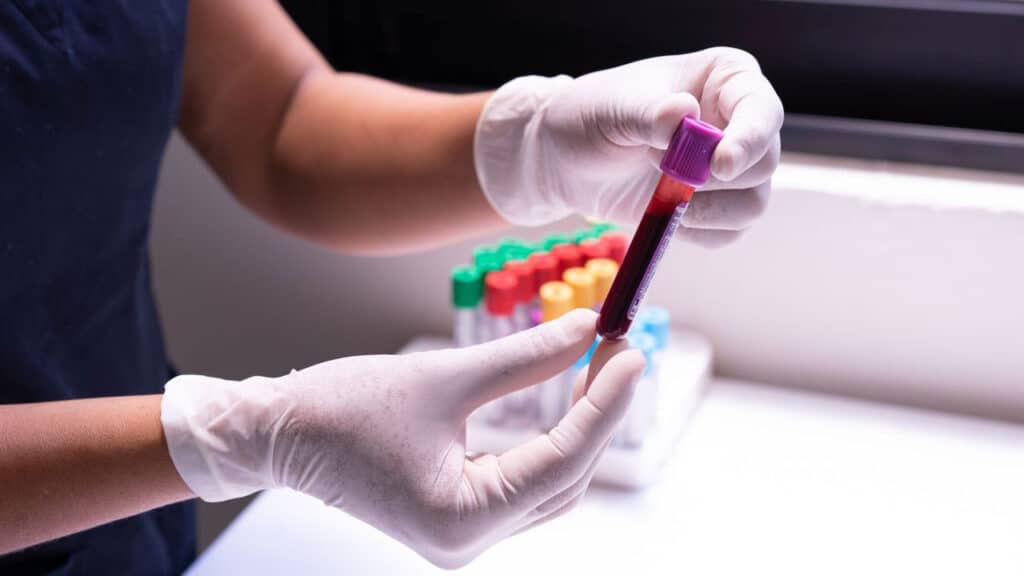I hope you’re feeling bright-eyed and bushy-tailed while you’re reading this, but I know that’s not always possible. It happens to me, too. It happens to everyone. But as natural as a lack of energy can sometimes be, on other occasions, it can have a medical cause and you need to find out why.
There are natural times to feel tired, like when you’ve been on your feet all day, when you’ve been studying for hours, when you’ve just had to spend an afternoon with some of your less personable relatives. Fatigue is more than tiredness, though. Tiredness disappears when you’ve had enough sleep. Fatigue drags on and you may not be able to overcome it alone.
The potential list of causes of fatigue is a long one. It could be neurological, hormonal, some kind of infection, a sleep disorder, or a mental health condition, to name just a few. That means that if you’re going to the doctor to try to find out what’s causing your fatigue, there’s a lot to work through.
As with many things, a blood test is a good start. It can show if an underactive thyroid, anemia, or diabetes (also diagnosable with a urine test) is the cause. Checking for the Epstein-Barr virus will show if you have glandular fever. All can cause fatigue.
Blood tests are the first step to diagnosing celiac disease, a type of gluten intolerance that makes your immune system attack your body. If the blood tests are inconclusive, you may need a biopsy. A tube will be sent down your throat to take a sample of tissue from your small intestine.
For mental health conditions, such as depression and anxiety, it’s trickier. Your doctor is likely to ask you a lot of questions about how you feel and how long you’ve felt that way. It’s a lot more subjective, depending on your perception of yourself (and willingness to share) and the doctor’s interpretation.
That’s still not as difficult as the ongoing fatigue caused by myalgic encephalomyelitis/chronic fatigue syndrome (ME/CFS). We still don’t know its cause for sure (it might be a reaction to an infection, an immune system problem, a hormonal imbalance, or something genetic) or how it works, and there’s no one test to diagnose it. That just shows how important it can be to have effective testing and diagnosing procedures.




